Pregnancy, birth, and learning how to raise a newborn for the first time is an incredible, challenging, and sometimes lonely journey!
Physical changes, hormonal changes, emotional ups and downs are all part of the process. But is postpartum depression part of that process too?
Postpartum depression, also known as PPD- affects approximately 13% of women after birth.
However, nearly half of us mothers will experience something called “baby blues”. This is a form of depression that is less severe and not as long-lasting as Postpartum depression.
I had no idea that so many of us women experienced some form of depression after our little ones were born.
It’s well…depressing!
After the recent birth of our first child, I did experience some baby blues…
My confidence in myself was low, I was anxious and if it weren’t for my husband and family I’m sure I could’ve slipped into Postpartum Depression.
So today’s post is about learning what Baby Blues and Postpartum Depression are, what causes it, and ways to help reduce and get rid of it.
I try to convey this point often to other mamas. Pregnancy, birth, and raising your newborn is a journey we were never meant to go through alone. It’s imperative you find support, cause at some point you’ll need it.
If you ever have questions or need support- please reach out to me. I will help you in any way that I can. I’m not a medical professional, but I’ll listen to you, and tell you what I did to help myself.
After all, a lot of us mothers go through the same crap! So let’s lean on each other for support when and where we can.
So without further ado- let’s get into it!
What So Is Postpartum Depression?
Postpartum Depression (PPD) is a disorder that can sometimes happen during pregnancy or after birth.
PPD can affect both Mom and Dad. Though not as common- it does occur within 8-10% of men, usually within the first 3-6 months of baby’s birth.
Though rare, PPD can even affect the health of mama and her baby.
Postpartum Depression vs Baby Blues
While I was pregnant I wasn’t familiar with the term “Baby Blues”. Though similar to postpartum depression, there are some slight differences!
You’ll want to know what these are so you can monitor yourself or spot a loved one who may be going through a rough patch.
Baby Blues
Baby blues are basically the shorter, less severe version of Postpartum Depression. I think of it as the precursor to PPD.
Some signs of Baby Blues are…
- It occurs over a shorter time period of about two weeks
- Feelings of sadness or being moody are very common as well
- Crying a ton
- Having a difficult time making decisions
- Trouble sleeping
Baby Blues usually go away on their own. However, if they linger for more than a couple of weeks, then it’s possible that it’s turned into Postpartum Depression.
Mama, I cannot tell you this enough. If you feel yourself down in the dumps and just trapped then please, please, please find help!
Do not try and face it alone. You don’t have to, you’ll just make it so much harder on yourself if you do.
Trust me on this!
Postpartum Depression
PPD is basically baby blues that last for a longer period of time. Longer than the 2-3 week timeframe. And it can occur at any point within that first year after the birth of your baby.
But the thing about Postpartum Depression is that it’s felt on a deeper level emotionally. Much more so than Baby Blues.
This is why Baby Blues if left unchecked can lead to Postpartum Depression.
Postpartum Psychosis
If mama has thoughts of hurting herself or baby- this is known as Postpartum Psychosis. This is the next layer added on top of PPD.
If you or someone you know is currently experiencing Postpartum Psychosis, please seek help immediately. Mama and baby could be at risk!
Symptoms of Postpartum Depression
Postpartum depression can be hard to recognize in yourself, let alone trying to spot signs in someone you care about.
For me, after coming home from the hospital with baby I dealt with a few of these symptoms, but I wouldn’t have considered myself suffering from PPD.
So you really need to exhibit more than just a few of these before you should start considering yourself or a loved one to have PPD.
- Quick to become annoyed, or snappy at someone
- Feeling guilty, not worthy, or helpless especially when it comes to feelings about your abilities of being a new mama.
- No desire for your hobbies or activities that you once did before your baby.
- Prolonged fatigue and a sense of decreased energy.
- Not able to sit still, or fidgeting
- Having a hard time concentrating, making decisions, or remembering things.
- Not able to sleep- even though your baby is sleeping, or sleeping for longer periods of time compared to before you had baby
- Not eating the amount of food you used to, weight changes, or both.
- Aches or pains, headaches, cramps, or digestive problems that do not have a clear physical cause or do not ease even with treatment
- Having a difficult time bonding or forming an emotional attachment to your new baby.
- Persistent doubts about the ability to care for the new baby. Continually doubting your own abilities as a new mother.
- Having thoughts about death, committing suicide, or harming yourself or your baby.
Again, it’s not always obvious if you or someone you know is suffering from PPD. But generally, Postpartum Depression symptoms are stronger and more drawn out when compared to a mama who isn’t experiencing PPD.
When To Get Help!
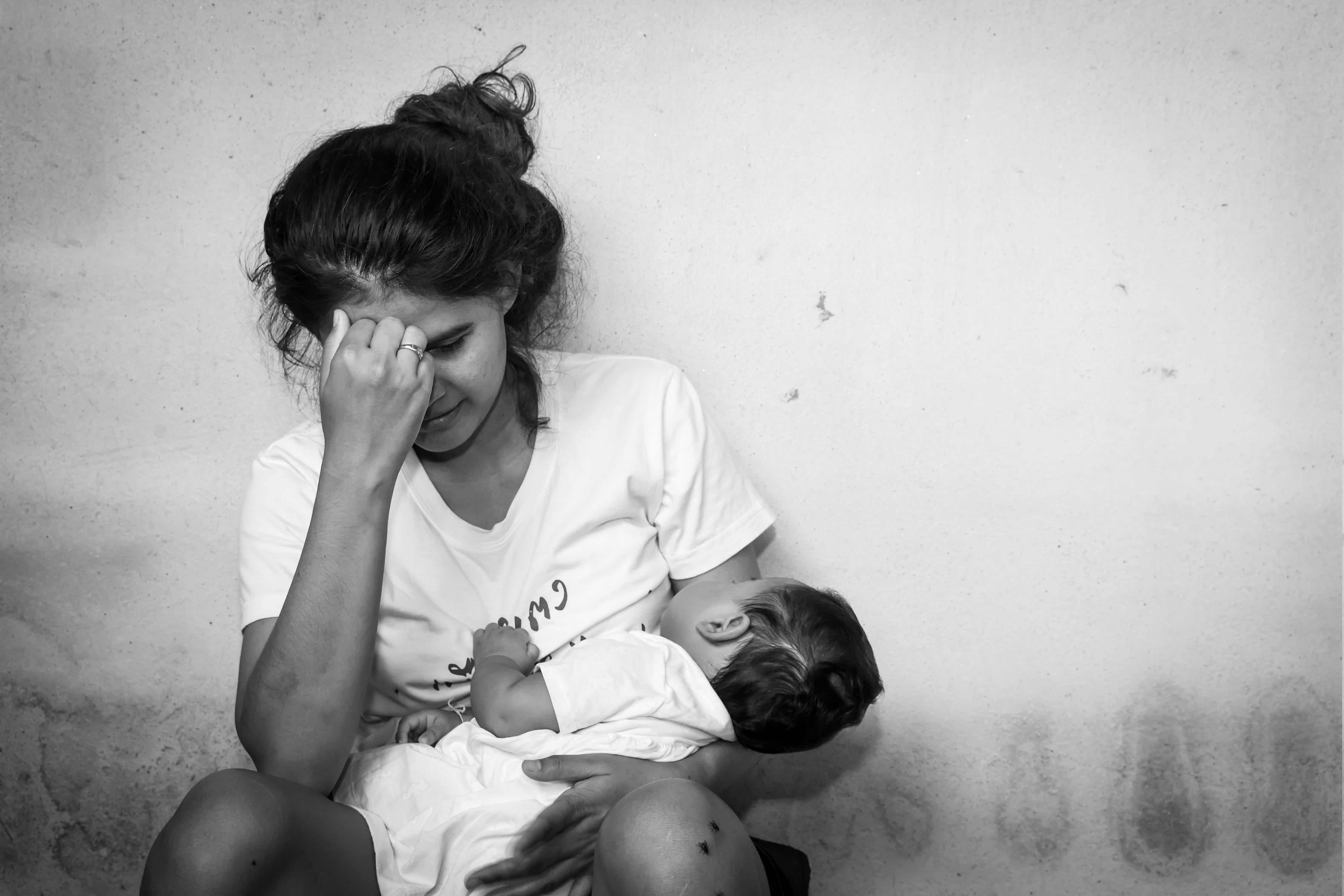
It’s never too early to get help! If you’re experiencing anything that I’ve talked about so far and you want help- go get it!
Especially if you’re
- Having Baby Blues beyond 2-3 weeks
- Experiencing negative thoughts on a deeper- more emotional level
- Having negative thoughts about your abilities as a new mother
Remember to lean on your family and friends for support. If you built a support group around you for pregnancy and labor like I describe in this post here– this same team can help you now!
Help from family or friends isn’t an option? No problem!
Remember- there are plenty of professionals who are trained to help. Just do a quick google search to find someone in your area.
What Causes Postpartum Depression
As a natural-minded mama, I’m always looking for the root cause of any problem. When talking about Postpartum Depression, there can be a lot of underlying root cause issues.
Here are just a few…
Physical changes
Self-image of oneself is usually directly tied to their self-esteem. Before I was pregnant, I was in great shape! No cellulite, a tight butt, and a flat belly. But after birth, I’m struggling to regain all three. Not feeling good about oneself physically can take a toll mentally.
Emotional Issues
Being a mom, especially a new mom is an emotional rollercoaster. One minute you’ve managed to hold everything together, and the next it all just seems to be on fire. Add in poor sleep, stress, low self-esteem, and you can quickly see how emotions play such a big role in Postpartum Depression!
Hormonal Issues
Ah yes, what’s responsible for so many of the changes that take place in our lives. From periods to pregnancy, labor, raising kids, and eventually- menopause. During pregnancy, we women experience a crazy amount of hormonal changes.
Our estrogen and progesterone levels skyrocket during pregnancy, only to crash suddenly after labor. This adjustment in hormone levels is what many believe as a lead causing factor of Baby Blues and PPD.
Nutritional Deficiencies
Physically speaking, as any mama will tell you- pregnancy is demanding on the body. As baby grows a TON of energy and nutrients are given from mama to baby.
This puts a lot of nutritional stress on mama- especially if her diet is poor.
Two things in particular Vitamin D and Iron are known to be important for mama. If levels are too low, mama’s cognitive abilities will be affected, decision-making may become more difficult and there is a greater chance of developing PPD.
Stress
Bringing home a baby is stressful. Stress in the short term can actually improve cognitive ability. But if left unchecked over weeks and months long term stress can affect your body’s ability to respond to new challenges that come up.
Remember, stress can play a role how one feels emotionally, which can lead to PPD. So it’s a domino effect!
This is why I’ll say it again- don’t try and do everything by yourself. Get help from your partner, a family member, friends, or hired professionals.
Inflammation
Inflammation is truly the root of all disease. Pregnant and Postpartum women are especially at risk because many get interrupted sleep, are consuming processed foods, tons of sugar and in general are just stressed. All of which lead to inflammation.
Studies like this one show that depression and inflammation often go hand in hand with one another.
6 Natural Remedies For Postpartum Depression
1. Increased Vitamin Intake
Because many pregnant women and those who just gave birth are Vitamin D and Iron deficient, one should consume foods that contain high amounts of these.
Getting vitamins and minerals from organic, fresh sources is usually always better than supplementing with pills. Our bodies absorb nutrients from food more easily than from supplements.
In the case of vitamin D, foods like Tuna, salmon, and egg yolks are great sources of vitamin D.
If your like me and can’t stand the smell or taste of fish and eggs- then supplementation is your next best option!
If choosing to supplement it’s always a good idea to talk with your doctor.
2. Probiotics
More and more evidence is showing the importance of good gut health. This means having a rich microbiome full of different kinds of good bacteria.
Our bodies need these kinds of bacteria to perform basic functions like digestion and warding off pathogens that enter the body.
Taking a daily probiotic is a great way to help rebalance your overall gut health. Probiotics introduce good bacteria to your gut and work to repair any damage done.
Some foods that contain probiotics are
- Yogurt (watch the sugar content here)
- Keifer
- Sauerkraut
- Tempeh
- Kombucha (watch the high sugar content)
You could also take a probiotic supplement and mix it with water or a green smoothie!
3. Don’t judge yourself
Being a mom isn’t easy! You have a little person who is depending on you to take care of them. Learning as you go if it’s your first time can be incredibly stressful and challenging.
So go easy on yourself! Don’t judge yourself for not getting things right the first, second or even third time.
Your baby doesn’t need you to be perfect. They just need you!
By not judging, you’ll find more confidence in yourself which is exactly what you need when facing Postpartum Depression.
So keep your head high mama and keep moving forward!
4. Set realistic goals
This is a big one. Greg and I have found that setting goals is super important. Writing them down on a list is even better. Especially if you’re a list person like me!
When creating goals you want them to be specific and measurable. Like..
“I’m going to do the laundry today before dinner.”
Or
“I’m going to give baby a bath today by 10am.”
Start off with more realistic goals. After you’ve accomplished them- cross them off your list. As you do this you’ll start to gain more confidence in yourself and your abilities.
Get into a daily routine of doing this and you’ll be amazed at the state of mind this can put you in!
5. Set up your Support Group

I mentioned this already, but it’s worth reemphasizing. Pregnancy, birth and raising a child are not things us women were ever meant to go through alone.
That’s not to say we aren’t capable of doing so. What I’m saying is that if you have the option- go out and find help. Good help that you can trust.
Friends, family, or a professional in whatever area you need help in.
Need help with lactation? Find a lactation specialist!
Baby care? A postpartum doula!
Someone to watch baby for a few hours while you get some other things done or to take care of yourself? Get a baby sitter!
Don’t be afraid or ashamed to get help!
By the way, if you assembled a support team around you during your pregnancy as I describe in my post here- many of those same individuals can help you after your baby comes too
6. Exercise
Exercise is really important for not just your physical health- but also your mental health as well. Studies show that women who exercise routinely reduce the severity of their Postpartum Depression
During the first 6 weeks after birth you should be taking the time to rest and recover as much as possible. If you had a Cesarean or other procedures done, that recovery time could be longer.
But once you’re done recovering- then it’s time to start getting into an exercise routine.
“But I don’t have time to exercise! I’m a new mom!” I tell myself all the time…
Exercise doesn’t have to be long or complicated! It could be anything from walking baby in the stroller a few times a day to trying mommy and me yoga.
Consistency is key here, so try and get into a routine of daily exercise. Above all- keep it simple!
Final Thoughts
So many mamas out there struggle with Postpartum Depression. If you’re one of them, I hope this article helps shed some light on exactly what it is, how to alleviate it, and give you a path forward.
If someone you know is dealing with Postpartum Depression- please forward them this article so they too can learn what steps to take to help themselves get through it.
When did you realize that Postpartum Depression was affecting your life? What did you do to get through it? If you’re experiencing it right now, what are some things you’re going to start doing to help alleviate it?
We want to hear your story!
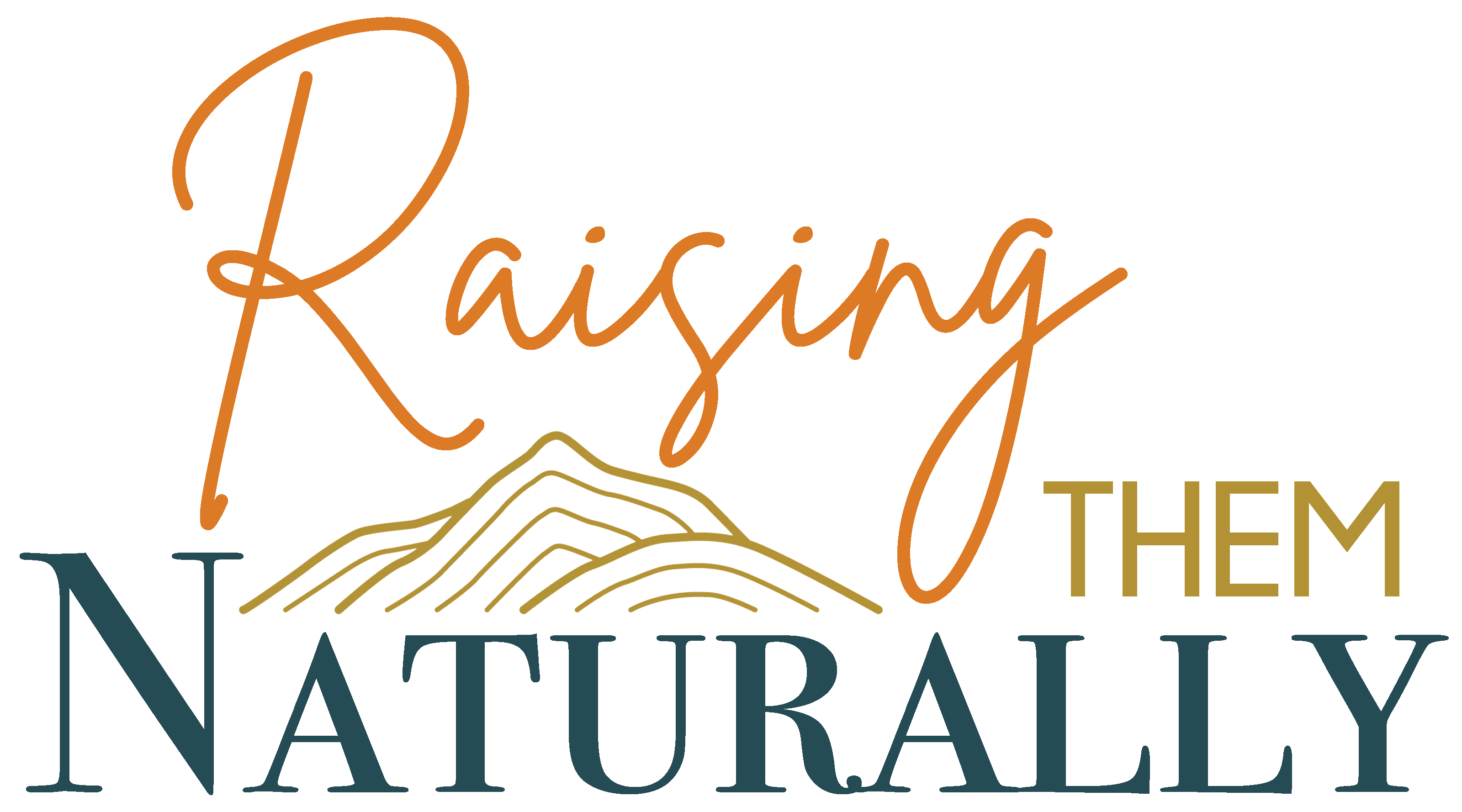
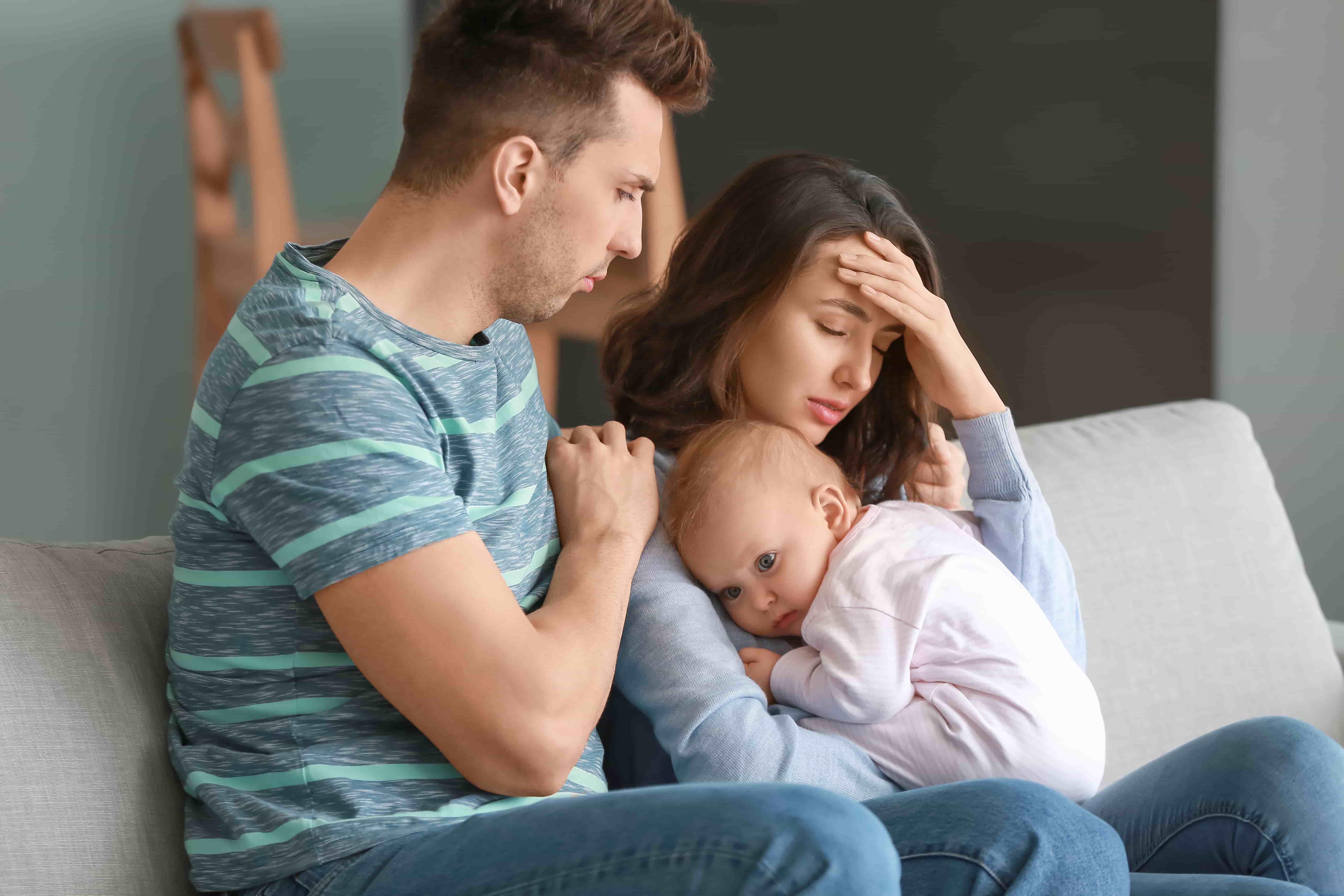
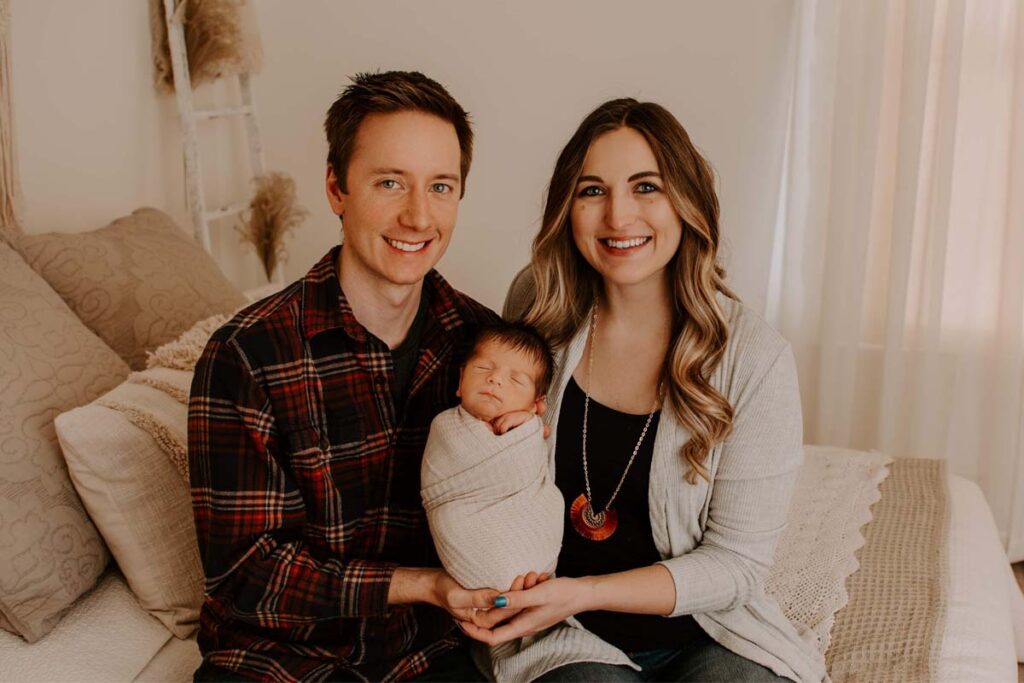

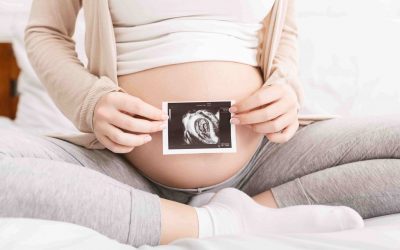
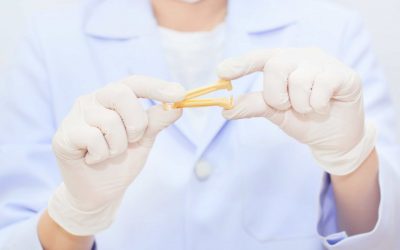
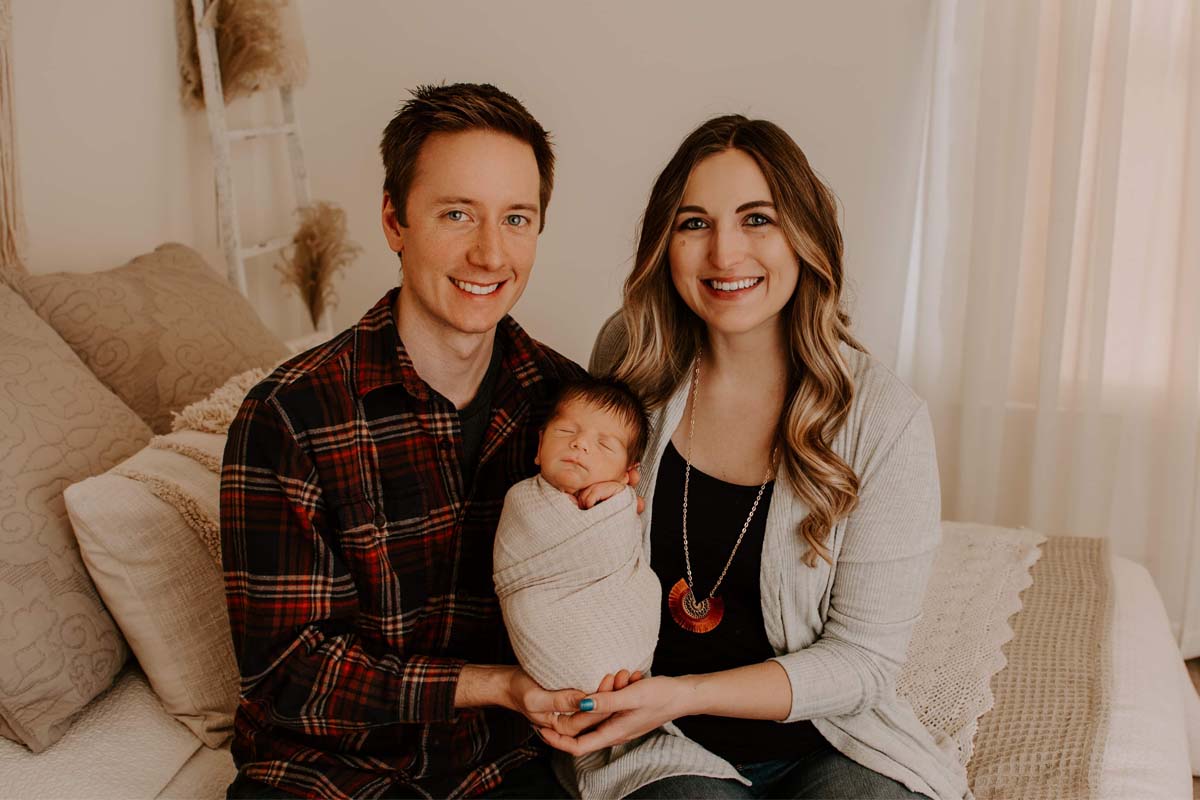
0 Comments